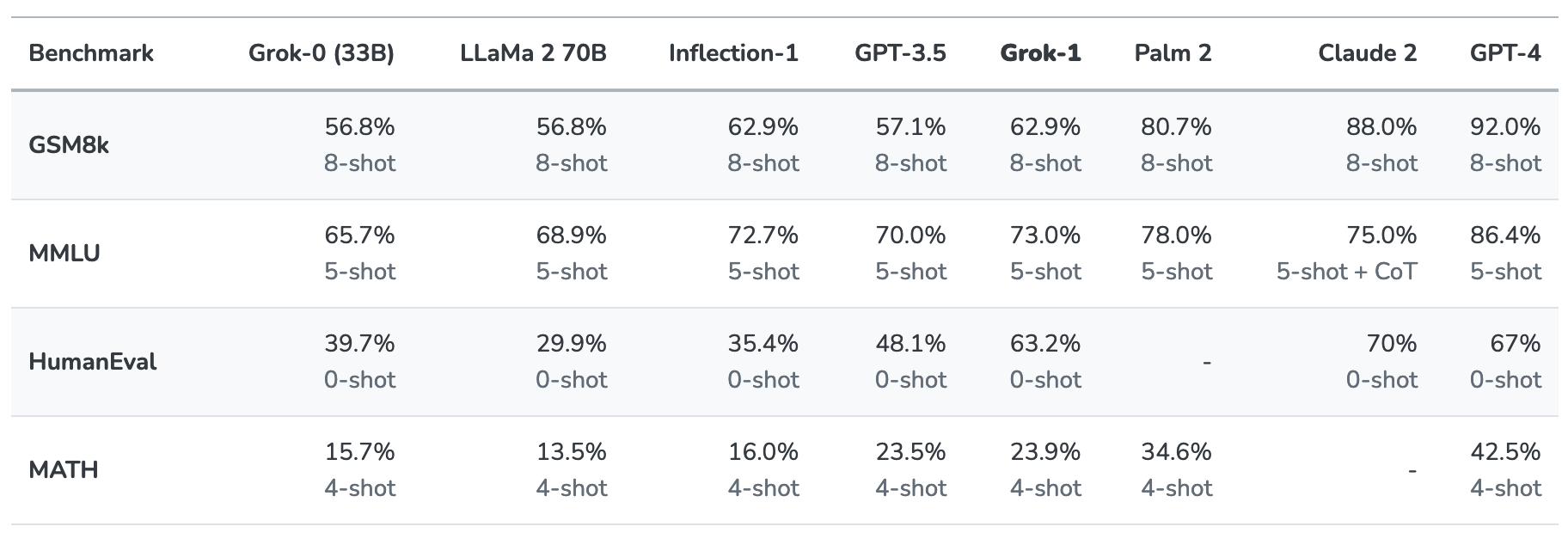
“Dans l’IA générative comme dans d’autres domaines du numérique, le mot « open » peut attirer avec ses promesses de transparence, de traçabilité, de sécurité ou de réutilisation possible. S’il est beaucoup utilisé de façon marketing, le nouvel AI Act européen prévoit des exemptions pour les modèles « ouverts ». Des chercheurs néerlandais ont classé 40 modèles de génération de textes et six modèles de génération d’images se prétendant « open » par degré d’ouverture réelle.”
Source : IA générative : quels modèles sont vraiment ouverts – Next









